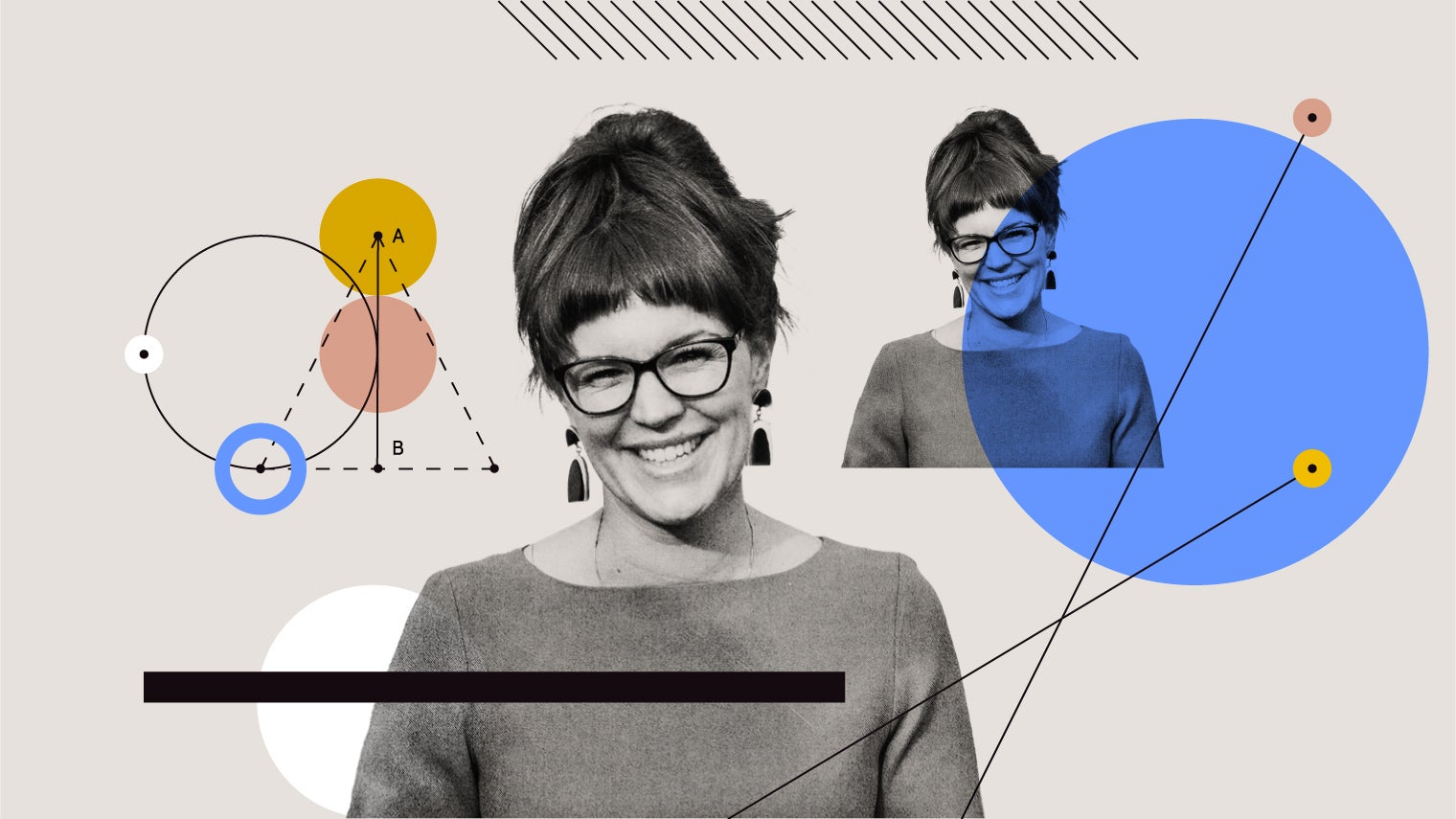
The United Nations’ COP26 conference last year forced many of us to confront the harsh realities of climate change and the sheer scale of the task that humanity faces in limiting global warming and mitigating its impacts. For Carolyn Ball, who attended the summit in Glasgow, it was both a humbling and inspiring experience.
As the first director for delivery of net zero at Compass Group UK and Ireland, she is responsible for ensuring that the company hits a number of ambitious targets it has set itself for cutting its greenhouse gas emissions by the end of this decade. For Ball, the challenge that these goals represent is one of her favourite aspects of the job.
“The opportunity to make transformative changes, in pursuit of something with the capacity to improve the future my kids will inherit, is pretty powerful,” she says.
Although her job title differs from those of others working in this field, Ball doesn’t see many differences between it and chief sustainability officer. “I’m not really one for titles,” she says. “Mine was created to underline our commitments.”
Compass Group UK and Ireland has had its commitments validated by the Science Based Targets initiative, an initiative run jointly by the UN, the World Resources Institute, the World Wide Fund for Nature and the Carbon Disclosure Project. They include reducing greenhouse gas emissions, across scope one, two and three, by 46% by 2030 from a 2019 base-year, or 69% when including business growth, and completing a switch to 100% renewable electricity by 2022.
Ball has worked with food and drink in some capacity for most of her career. Even when studying for her master’s degree in English literature, she would seek out books focused on food.
“During my four years at the University of Edinburgh, I transcribed 15th-century manuscripts, many of which were recipes. Even when looking at writing from centuries ago, I could see that there was an awareness of the importance of sustainability.”
Early in her career, Ball worked as a writer for food trade magazine The Grocer; as a sales director for food and beverage suppliers Gather & Gather and Tea Palace; and as head of business development at hospitality provider Restaurant Associates. She believes that having such a solid grounding in the sector has aided her transition to her current role.
It’s an extraordinary job. I’d be hard pressed to find one that feels as important
“I’ve had the real privilege of working with academics, consultants and business leaders from across this industry,” she says. “Having worked for a startup [Tea Palace] and now two plcs [Compass Group and Mitie, the owner of Gather & Gather], I have gained truly valuable insights into this sector’s business-critical issues.”
According to Totaljobs’ Q4 2021 Hiring Trends Index report, 32% of employees are seeking a greater sense of meaning and fulfilment from their work in 2022. This means that roles concerned with corporate sustainability are likely to become more popular.
Those looking to advance their careers in this field should “avidly focus on how we transition to net zero”, but they first need a firm grasp of how their industry works, Ball says. “If you don’t have a really clear understanding of the business perspective and the commercial realities, it doesn’t matter how compelling the environmental arguments are.”
Her work to reduce Compass Group UK and Ireland’s greenhouse gas emissions to net zero has included banning the transportation of fresh fruit and veg by air; moving its fleet of vehicles to electric power; and starting a pilot project to help dairy farmers cut their operational emissions.
The role has been stretching for Ball, who admits that she had “never worked so hard” as she has done over the past 11 months. “It’s been a really busy period. To work this hard, you have to feel truly dedicated to achieving the end goal. It’s an extraordinary job. I’d be hard pressed to find one that feels as important.”
For those looking to pursue a career in this field, it’s important to be aware of the likely challenges facing anyone in such a role, because enthusiasm alone will only take you so far, she warns.
“The road ahead is fraught with complexity. In other business areas there is often a clear path that’s been well trodden, but there isn’t one here. It’s important to have passion, but you also need to be flexible. You’ll quickly learn to be comfortable with being uncomfortable, because it’s a really fast-paced job. And you need a lot of humility, because no one has all the answers at the moment.”
Despite the “Herculean task” that Ball foresees ahead of her, she is already experiencing great job satisfaction. “At Compass Group we have an extraordinary opportunity to transform the food system and unite people in tackling these enormous challenges,” she says. “To be part of that, even in a small way, is an extraordinary privilege.”

The United Nations’ COP26 conference last year forced many of us to confront the harsh realities of climate change and the sheer scale of the task that humanity faces in limiting global warming and mitigating its impacts. For Carolyn Ball, who attended the summit in Glasgow, it was both a humbling and inspiring experience.
As the first director for delivery of net zero at Compass Group UK and Ireland, she is responsible for ensuring that the company hits a number of ambitious targets it has set itself for cutting its greenhouse gas emissions by the end of this decade. For Ball, the challenge that these goals represent is one of her favourite aspects of the job.
“The opportunity to make transformative changes, in pursuit of something with the capacity to improve the future my kids will inherit, is pretty powerful,” she says.
